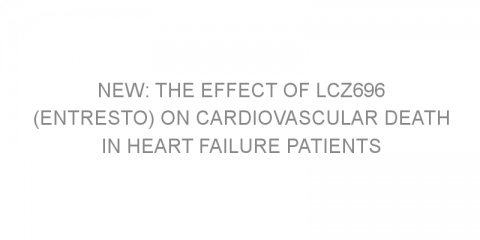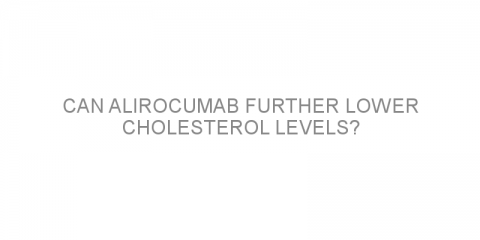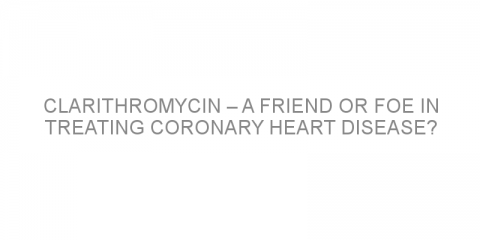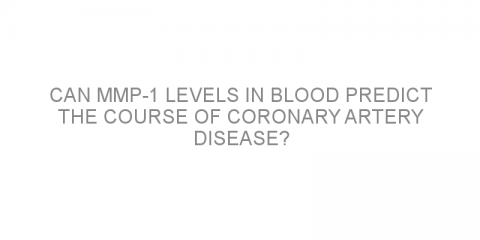In a nutshell This paper studied the effect of an early intensive statin treatment in patients who have had a heart attack. Some background Plaque occurs when fat (cholesterol, for example) and other types of cells (calcium, for example) build up into a waxy substance in the blood vessels. When these plaques rupture, they can obstruct the blood...
Read MoreCoronary artery disease Posts on Medivizor
Should we screen coronary heart disease patients for abdominal aortic aneurysms?
In a nutshell This study examined the rate of abdominal aortic aneurysm in men with coronary heart disease. Some background Abdominal aortic aneurysm (AAA) is a degenerative disease (meaning it progressively deteriorates organs and tissues) which causes unnatural dilation (widening) of the abdominal aorta (the largest artery in the abdomen). The...
Read MoreIs electroacupuncture helpful in percutaneous coronary intervention?
In a nutshell This paper studied whether electroacupuncture could reduce heart damage from a percutaneous coronary intervention procedure. Some background Coronary artery disease occurs when there is a build-up of substances like fat in the blood vessels. This blocks blood flow and increases the risk of a heart attack. Percutaneous coronary...
Read MoreNew: The effect of LCZ696 (Entresto) on cardiovascular death in heart failure patients
In a nutshell This study compared the effectiveness of the new drug LCZ696 to enalapril at reducing cardiovascular death in patients with heart failure. Some background Patients with chronic heart failure (when the heart is not able to pump enough blood) are at a high risk of disease progression and death. Treatments for heart failure include...
Read MoreIs a short or long duration anti-platelet therapy better after stent ?
In a nutshell This paper studied how long patients should have dual-antiplatelet therapy after a drug-eluting stent placement. Some background Drug-eluting stents are devices inserted into the blood vessel to widen it. These stents also release medication, and reduce the likelihood of having further procedures. After a stent placement, medications...
Read MoreCan alirocumab further lower cholesterol levels?
In a nutshell This paper studied whether adding alirocumab (Praluent) to statin treatment is effective and safe in patients with high levels of cholesterol. Some background Statins are a group of drugs that reduce levels of low-density lipoprotein cholesterol (LDL, the "bad" type of cholesterol). However, some patients already...
Read MoreIs a combination of ezetimibe and statin treatment beneficial?
In a nutshell This paper studied whether a combination of ezetimibe (Zetia) plus statin treatment is beneficial to patients with acute coronary syndrome (disorders caused by reduced blood flow to the heart). Some background Statins are a group of drugs that reduce levels of low-density lipoprotein (LDL) cholesterol (fatty...
Read MoreShould you receive a percutaneous coronary intervention if you present late with a heart attack?
In a nutshell This paper studied the outcomes of percutaneous coronary intervention in patients who presented late with a heart attack. Some background A heart attack occurs when there is a lack of blood supply to the heart. It is important to restore blood supply within 12 hours from the onset of symptoms. Without a constant supply of blood,...
Read MoreWhat is the risk of surgery after having a stent placement?
In a nutshell This paper studied the safety of noncardiac surgery following a recent stent placement. Some background After an insertion of a stent (mesh tube that treats narrowed arteries), some patients undergo surgery that is not for the heart. Such noncardiac surgery has shown to increase the risk of adverse events (undesired effect of...
Read MoreClarithromycin – a friend or foe in treating coronary heart disease?
In a nutshell This study investigated the safety of the drug, clarithromycin, in treating stable coronary heart disease. Some background Coronary heart disease, also known as coronary artery disease, is the narrowing or blockage of the coronary arteries that provide the heart with blood that it needs to function and survive. Coronary arteries...
Read MoreCan MMP-1 levels in blood predict the course of coronary artery disease?
In a nutshell This study investigated whether MMP-1 levels in blood helps determine the risk of death among patients with coronary artery disease. Some background Coronary artery disease is when blood vessels that supply the heart muscle with blood and oxygen (coronary arteries) become narrow. Cholesterol and fat can build up in the...
Read MoreIs mental stress bad for your heart if you have post-heart attack depression?
In a nutshell This study included heart attack patients and investigated whether those with post-heart attack depression are more likely to develop reduced heart blood flow (ischemia) from mental-stress. Some background Coronary artery disease refers to when blood vessels that supply the heart muscle with blood and...
Read More













